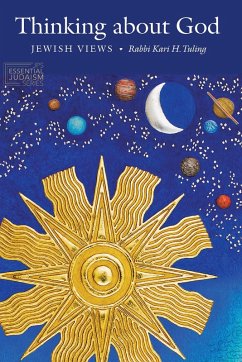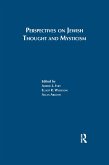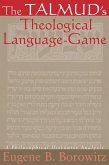A Top Ten Book for Parish Ministry from the Academy of Parish Clergy Who-or what-is God? Is God like a person? Does God have a gender? Does God have a special relationship with the Jewish people? Does God intervene in our lives? Is God good-and, if yes, why does evil persist in the world? In investigating how Jewish thinkers have approached these and other questions, Rabbi Kari H. Tuling elucidates many compelling-and contrasting-ways of thinking about God in Jewish tradition.Thinking about God addresses the genuinely intertextual nature of evolving Jewish God concepts. Just as in Jewish thought the Bible and other historical texts are living documents, still present and relevant to the conversation unfolding now, and just as a Jewish theologian examining a core concept responds to the full tapestry of Jewish thought on the subject all at once, this book is organized topically, covers Jewish sources (including liturgy) from the biblical to the postmodern era, and highlights the interplay between texts over time, up through our own era. A highly accessible resource for introductory students, Thinking about God also makes important yet challenging theological texts understandable. By breaking down each selected text into its core components, Tuling helps the reader absorb it both on its own terms and in the context of essential theological questions of the ages. Readers of all backgrounds will discover new ways to contemplate God. Access a study guide.
Dieser Download kann aus rechtlichen Gründen nur mit Rechnungsadresse in A, B, BG, CY, CZ, D, DK, EW, E, FIN, F, GR, HR, H, IRL, I, LT, L, LR, M, NL, PL, P, R, S, SLO, SK ausgeliefert werden.









